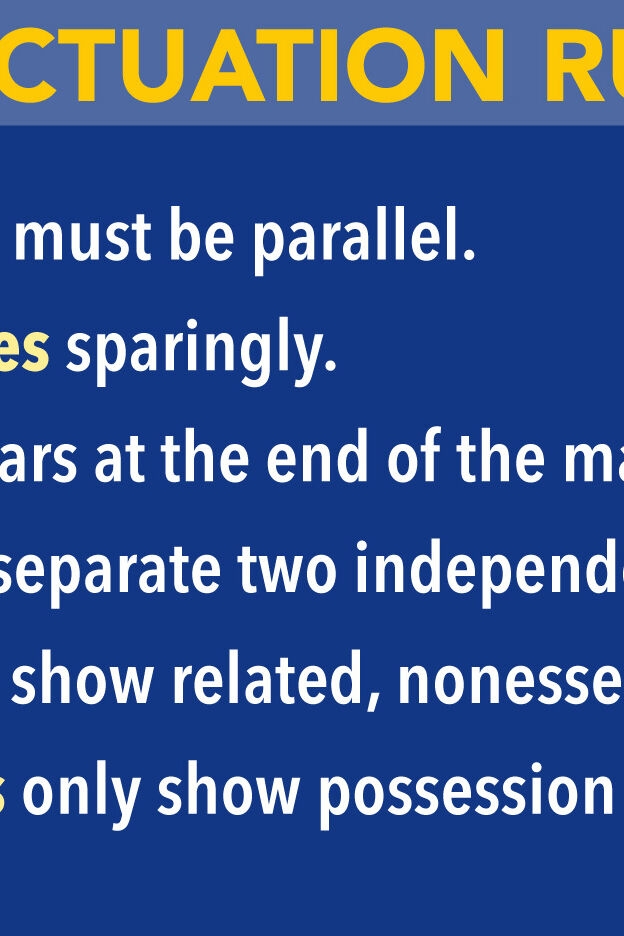Proper punctuation is essential in writing to convey meaning clearly and effectively. Without punctuation, sentences can be confusing or difficult to understand. Understanding the basic rules of punctuation can improve the clarity and readability of your writing.
Whether you are writing an essay, a report, an email, or a social media post, using the correct punctuation can make a big difference in how your message is perceived.
Punctuation Basic Rules
1. Period (.): The period is used to end a sentence. It is also used in abbreviations, such as Mr. for Mister.
2. Comma (,): Commas are used to separate items in a list, join independent clauses with a conjunction, and set off introductory phrases or clauses.
3. Question Mark (?): The question mark is used at the end of a sentence to indicate a direct question.
4. Exclamation Point (!): The exclamation point is used to convey strong emotion or emphasis. Use it sparingly to avoid diluting its impact.
5. Quotation Marks (” “): Quotation marks are used to indicate direct speech, titles of short works, or to show irony or sarcasm.
Remember to always proofread your writing to ensure that you have used punctuation correctly. Incorrect punctuation can change the meaning of a sentence or lead to misunderstandings.
By following these basic rules of punctuation, you can improve the clarity and effectiveness of your writing. Practice using punctuation correctly in your daily writing to develop good habits and enhance your communication skills.
In conclusion, punctuation plays a crucial role in conveying meaning and clarity in writing. By mastering the basic rules of punctuation, you can elevate the quality of your writing and effectively communicate your message to your audience.
